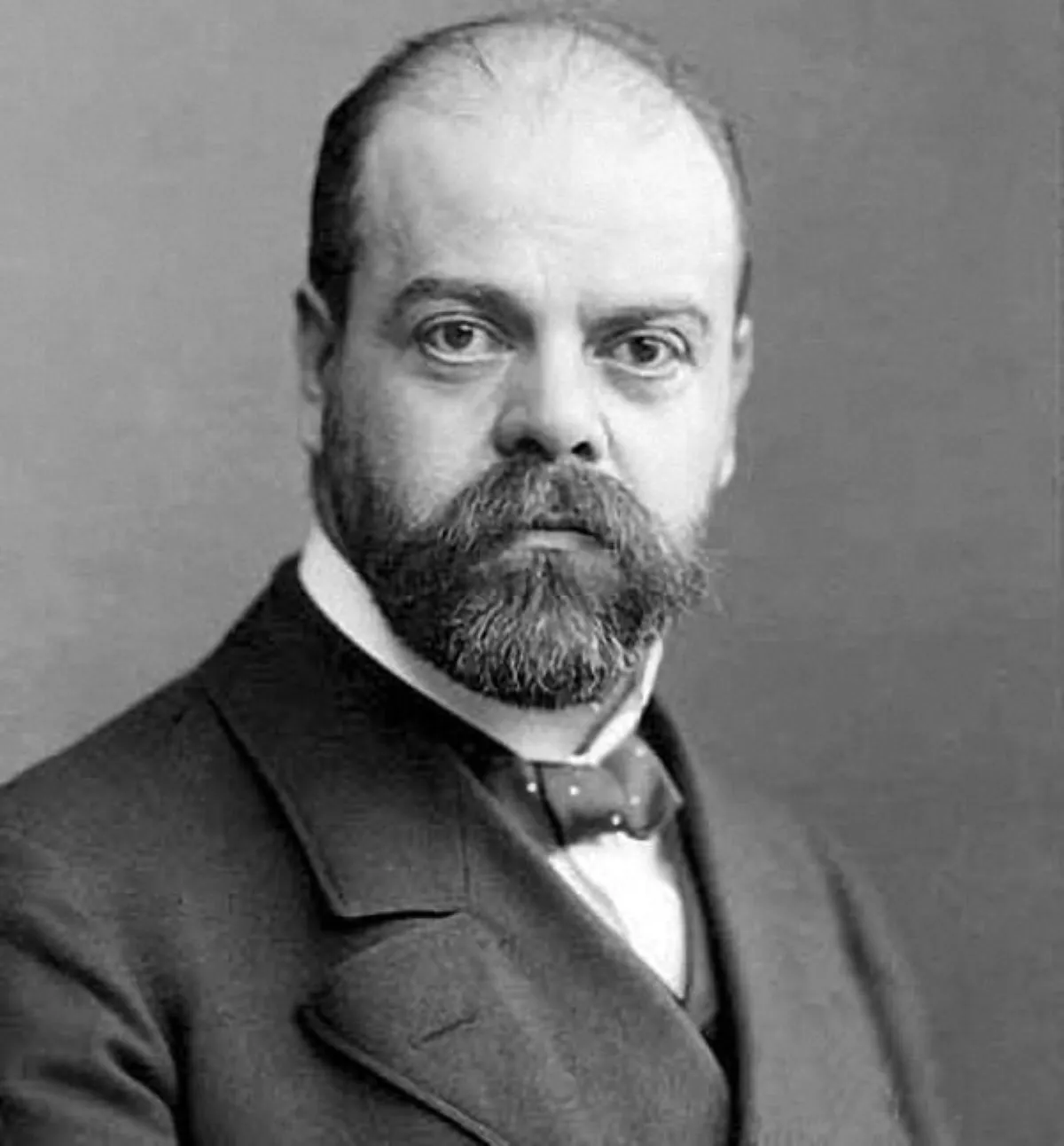 1.
1. Alexander Parvus read widely on his own, including material by the iconic Ukrainian poet Taras Shevchenko, the journalist Nikolai Mikhailovsky, and the political satirist Mikhail Saltykov-Shchedrin, which led the young Gelfand to begin to question the legitimacy of the Tsarist Empire.